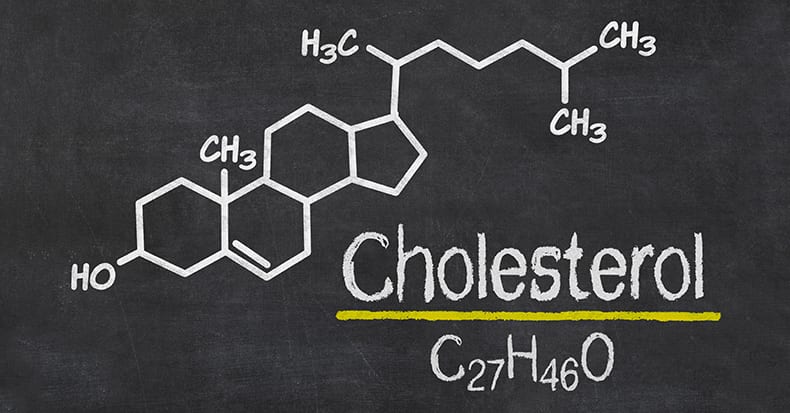With all the hype about cholesterol, where does the truth lie? On one hand, some doctors recommend EVERYONE be placed on a statin (cholesterol lowering medication) regardless if their cholesterol levels are high or not. On the other hand, some experts report that statins are unnecessary and cholesterol is both essential and good for us. So, where does the current research fit into this picture?
Let’s look at a July 2015 Harvard School of Public Health publication that reported “….it would be cost effective to treat 48-67% of all adults aged 40-75 in the [United States] with cholesterol-lowering statins. By expanding the current recommended treatment guidelines and boosting the percentage of adults taking statins, an additional 161,560 cardiovascular-related events could be averted.” The authors of the report start their discussion by recognizing the “new cholesterol treatment guidelines have been controversial” and seek to weigh the pros and cons of their recommendation. They point out that on one side, “there is strong evidence that statins reduce the risk of heart attack and stroke” and on the other, they report that “…more people would be at increased risk for negative side effects, such as memory loss, type 2 diabetes, and muscle damage.”
Of interest, in November 2013, the American Heart Association and others recommended that statins be prescribed for people with a 7.5% or greater risk of heart attack or stroke over a 10-year period (down from 10-20% or higher in previous guidelines), including many with no existing cardiovascular issues. An article in the July edition of Journal of the American Medical Association (JAMA) reports the 7.5% was acceptable in terms of cost-effectiveness, “…but more lenient treatment thresholds of ≥3.0-4.0% would be “optimal…and would avert an estimated additional 125,000-160,000 CVD-events.”
The opposing camp regarding cholesterol management says that inflammation is at the core of heart disease and stroke, NOT cholesterol. Moreover, RAISING the amount of cholesterol-rich foods in our diet is reportedly WISE since only a small amount of our body’s cholesterol actually comes from diet and most is produced by the liver. Cleveland Clinic’s cardiologist Dr. Steven Nissen says we NEED cholesterol, a theory that is now embraced by the new 2015 Dietary Guidelines Advisory Committee (DGAC), as they have taken a TOTAL about-face compared with their 2010 recommendations (which had “stood” strong since the 1960s). The DGAC are now stating that “cholesterol is not considered a nutrient of concern for overconsumption.”
Other researchers say lowering dietary cholesterol is likely causing far more harm than good. Our cell membranes, as well as activity that goes on INSIDE our cells, our liver (cholesterol is a precursor to bile acids needed to digest the fat we eat), our digestive system, and our brain (which contains 25% of the cholesterol in our body) REQUIRE adequate cholesterol levels. Low levels of HDL cholesterol have been linked to several brain-related malfunctions including depression, stroke, Alzheimer’s disease, violent behavior, and suicide. Also, cholesterol provides insulation for our nerve cells and plays an important role in the production of hormones (particularly testosterone, progesterone, and estrogen). Cholesterol is also important for the production of vitamin D, as when sunlight hits our skin, the cholesterol in the skin is converted into the vitamin.
Obviously, we have a choice: limit / reduce our cholesterol or embrace it. Which camp appeals to you the most?
Thousands of Doctors of Chiropractic across the United States and Canada have taken "The ChiroTrust Pledge":
“To the best of my ability, I agree to
provide my patients convenient, affordable,
and mainstream Chiropractic care.
I will not use unnecessary long-term
treatment plans and/or therapies.”
To locate a Doctor of Chiropractic who has taken The ChiroTrust Pledge, google "The ChiroTrust Pledge" and the name of a town in quotes.
(example: "ChiroTrust Pledge" "Olympia, WA")
Content Courtesy of Chiro-Trust.org. All Rights Reserved.

